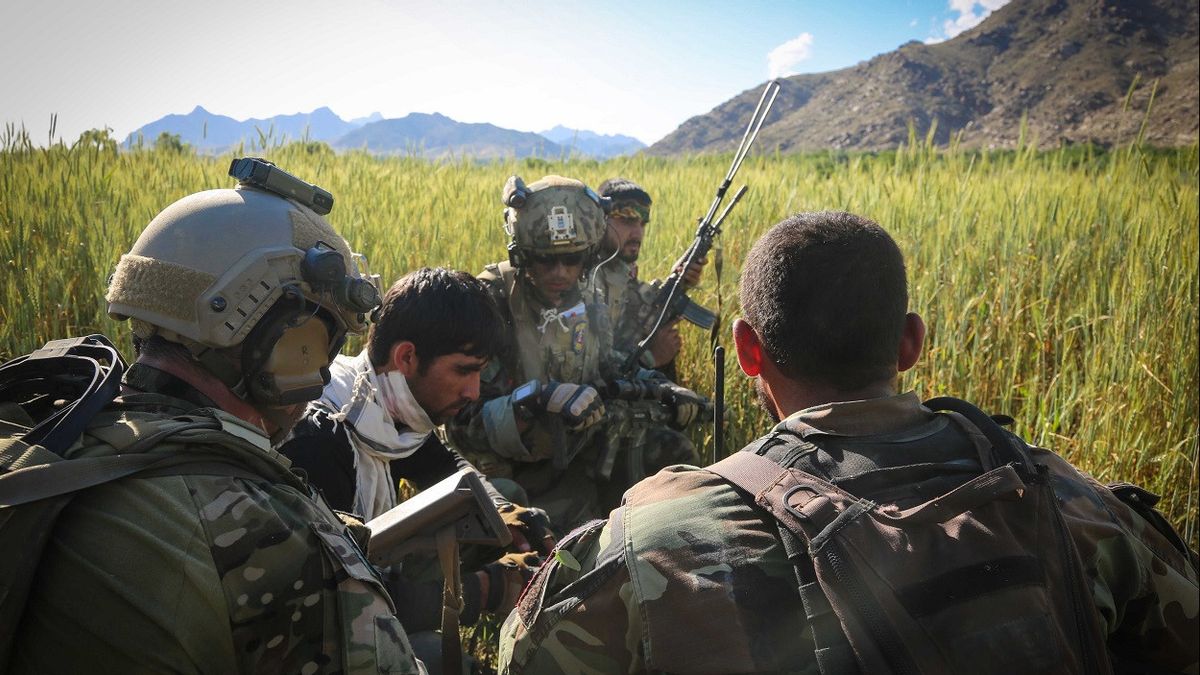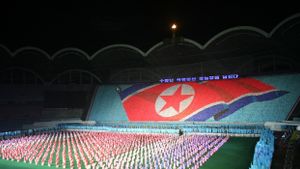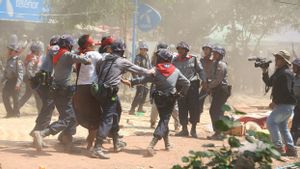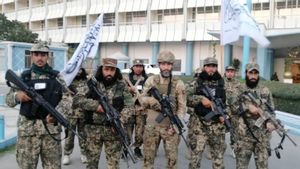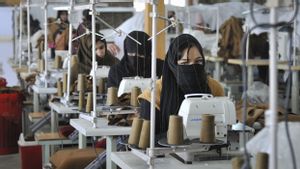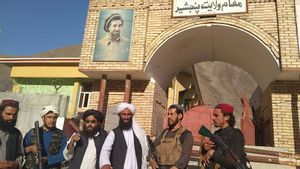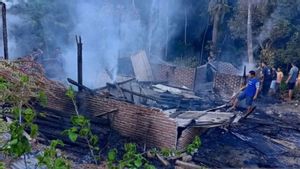JAKARTA - The Danish authorities are said to have 'secretly paid' the British to receive their military interpreters during their service in Afghanistan in 2001-2014 ago.
The 23 Afghan translators who assisted Denmark during the US-led mission in Afghanistan have been granted residence permits in Britain after Copenhagen paid, the Berlingske newspaper reported after receiving confirmation from the Danish Ministry of Defence.
The amount paid has not been disclosed but according to Berlingske, has been calculated according to the costs the UK paid to assess the 23 translator documents and evacuate them, and how much it would cost the UK to integrate them, including social benefits for five people over the years.
Although translators helped the Danes in Afghanistan, they were officially employed by the British. According to Berlingske, however, they wore Danish uniforms, and some of their salaries were paid in cash by Danish officials.
The list includes 12 interpreters who were first denied entry visas to Denmark and 11 interpreters who wished to come to the UK, citing Sputnik News, September 9.
A total of 195 interpreters assisted Danish troops during the war in Afghanistan. As of June this year, only five Afghan translators had been granted asylum in Denmark out of 139 applications.

“I have never seen a similar scheme before, neither in my work at the United Nations and the European Union nor as a lawyer in Denmark”, Poul Hauch Fenger, attorney and asylum law specialist and former employee of the United Nations High Commissioner for Human Rights, told Berlingske.
"Denmark pays for itself from legal responsibility for translators, because we paid a sum of money to send them to the UK, thereby taking over the humanitarian responsibility that should have been ours", he explained.
Similar criticism also came from within Denmark, from researchers to politicians.
“We have humiliated ourselves in an extraordinary way in front of our allies”, mused Sine Plambech, a senior research fellow at the Danish Institute for International Studies (DIIS).
"Simply put, we have paid ourselves to avoid granting asylum to our local translators in Afghanistan", he said.
Criticism has also come from Eva Flyvholm, defense spokeswoman for the Red-Green Alliance political party and a member of the Foreign Policy Council.
"I believe the whole system of outsourcing the responsibility of translators to the UK testifies that we are not prepared to take it on ourselves when it comes to war", he criticized, adding that the situation was a mess.
Under the 2013 agreement, translators are given the opportunity to seek Danish support, provided they can prove that they are particularly threatened or in danger because of their work for Denmark.
A new deal was reached on August 11 this year, when the Taliban were seeking to regain power in Afghanistan. However, the latest agreement only covers Afghans who were employed locally in the last two years.
SEE ALSO:
Since the fall of the Afghan capital, Kabul, on August 15, Denmark has evacuated about 1.000 people from the war-torn country, including more than 600 local staff and their families.
Denmark's involvement in Afghanistan began in 2001, with the first Danish army deployed in 2002, peaking at 760 men. Overall, the Danish mission has cost millions of kronor, suffering 43 casualties and over 210 injuries.
The English, Chinese, Japanese, Arabic, and French versions are automatically generated by the AI. So there may still be inaccuracies in translating, please always see Indonesian as our main language. (system supported by DigitalSiber.id)
